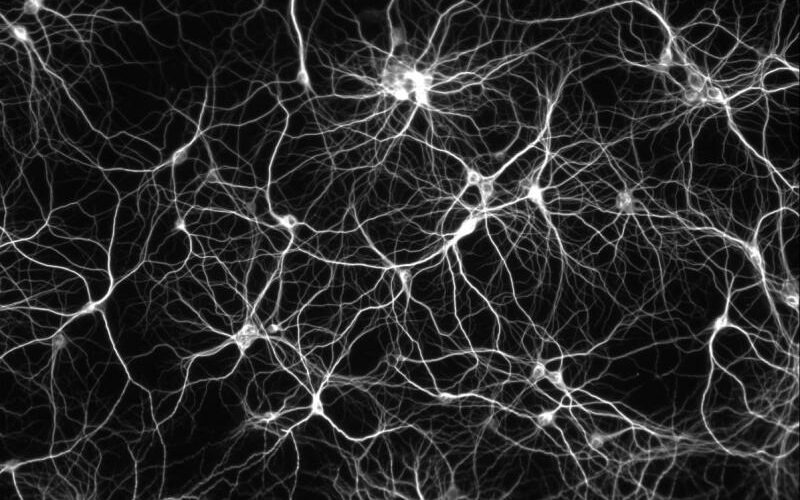Vascular Dementia: Advancing Research and Awareness

One in two of us will be affected by dementia in our lifetime, either through caring for a loved one or developing the syndrome ourselves[1], yet there is still confusion about what exactly dementia is. When you hear that someone has dementia, the word Alzheimer’s is likely the first to come to mind; however, it’s a common misconception that dementia and Alzheimer’s disease are interchangeable terms[2].
Dementia is not a specific disease but an umbrella term encompassing a range of symptoms affecting memory, cognitive function, and daily activities[3]. It can result from various conditions that impact the brain. Alzheimer’s disease, defined by the build-up of two proteins — amyloid beta and tau — in the brain that cause damage over time[4], is one potential cause of dementia. Another, less known, cause is reduced blood flow to the brain, known as vascular dementia.
Alzheimer’s Research UK shares Olive’s story: “When Olive was told she had vascular dementia, like many people, she didn’t know what that meant”[5]. Although it is the second most common cause of dementia after Alzheimer’s, accounting for 15% of cases[6], vascular dementia has received significantly less attention. In vascular dementia, poor blood flow to the brain deprives cells of vital oxygen and nutrients causing cells to become damaged and die over time, resulting in the symptoms of dementia.
Currently, there is no cure, however the future of research looks promising. At the end of 2023, the UK announced plans to establish its first research centre dedicated to finding new treatments to prevent, halt and ultimately cure vascular dementia through a combined investment of £9 million from the British Heart Foundation and UK Dementia Research Institute[7].
Research so far suggests that preventing or treating conditions that damage blood vessels in the brain could prevent vascular dementia. For example, by prescribing medications and lifestyle changes that manage or prevent conditions such as high blood pressure, diabetes and stroke. Stroke more than doubles dementia risk[8] and this risk increases with stroke recurrence. Several research groups are also working to understand and treat one of the leading causes of vascular dementia, cerebral small vessel disease, where the brain’s tiniest blood vessels narrow, reducing blood flow[9].
With collaborative effort from various research teams, increased funding, and better awareness of vascular dementia, we can transform our understanding and treatment of this cruel condition.
[1] https://dementiastatistics.org/about-dementia/prevalence-and-incidence/
[2] https://www.nia.nih.gov/health/alzheimers-and-dementia/12-myths-about-alzheimers-disease
[3] https://www.cdc.gov/aging/alzheimers-disease-dementia/about-dementia.html#whatisdementia
[4] https://www.alzheimersresearchuk.org/dementia-information/types-of-dementia/alzheimers-disease/
[5] https://www.youtube.com/watch?v=9luNs6AvQK
[6] https://dementiastatistics.org/about-dementia/subtypes/
[7] https://www.bhf.org.uk/what-we-do/news-from-the-bhf/news-archive/2023/november/bhf-and-uk-dri-announce-centre-for-vascular-dementia-research
[8] https://www.bhf.org.uk/what-we-do/news-from-the-bhf/news-archive/2020/march/stroke-survivors-twice-as-likely-to-be-living-with-dementia
[9] https://www.bhf.org.uk/what-we-do/our-research/circulatory-conditions-research/vascular-dementia-research
Edited by Hazel Imrie
Copy-edited by Rachel Shannon







